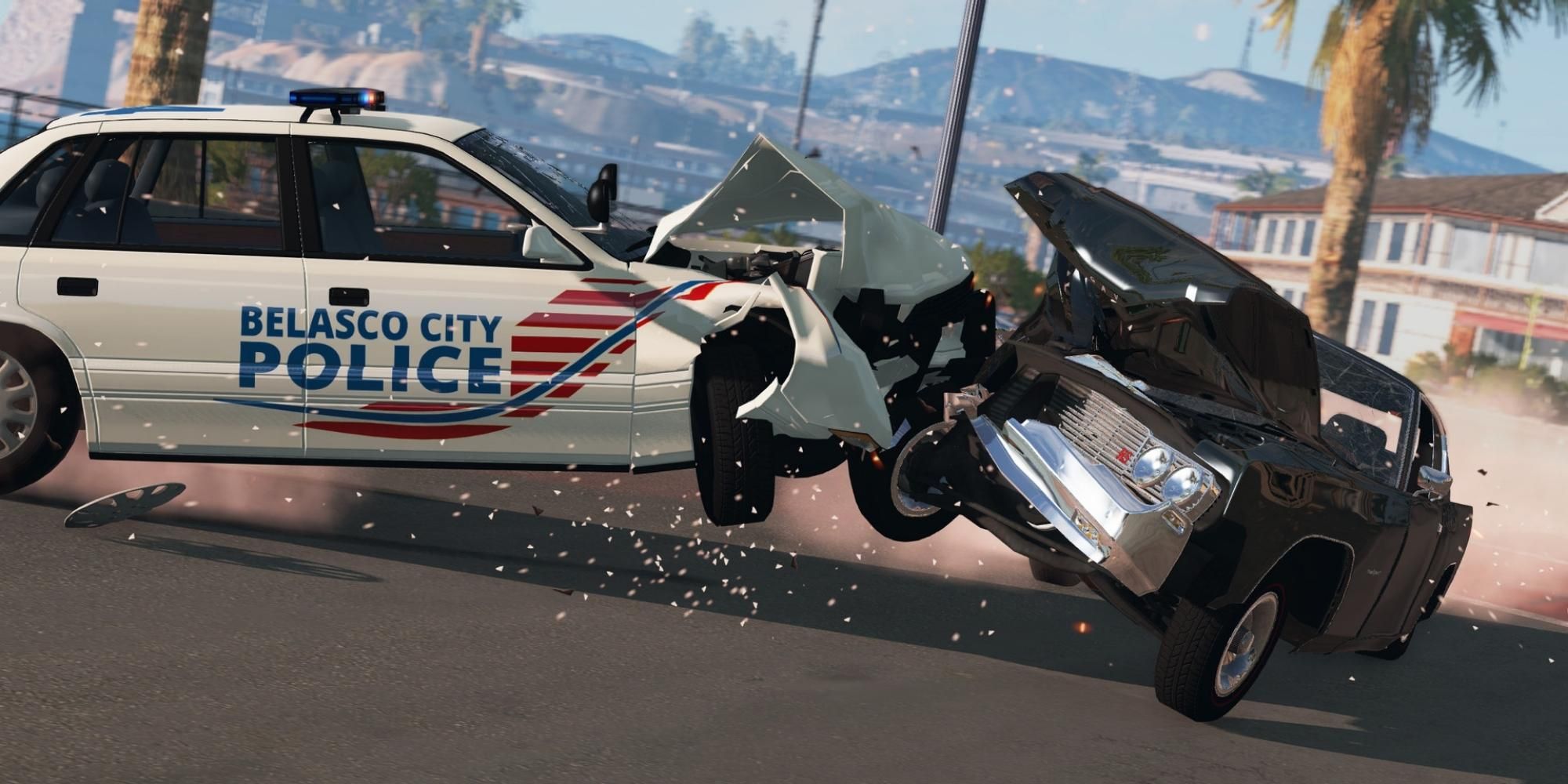
The Costly Mistake That Doomed Tokyopop's Anime Distribution

Tokyopop, once the top manga publisher in America, missed out on anime distribution success due to a costly misstep Find out what went wrong with their plan to bring popular anime series Initial D to the US market
In 2002, Tokyopop was a prominent name in the anime fandom world. It revolutionized the manga industry in America with its "100% Authentic Manga" line, featuring a standard price tag of $9.99 for most titles. Unlike other companies, such as Viz and Dark Horse Comics, Tokyopop left its manga unflipped and untouched, resulting in a more streamlined translation process. This move led to a manga boom in America and made Tokyopop's iconic Robo Fish mascot a recognizable figure. Teenagers could often be found reading manga at Borders Books, starting a new tradition. After conquering the manga market, Tokyopop set its sights on anime. However, their announcement of a new franchise from Japan was met with a crucial mistake.
What is Initial D?
Tokyopop took a risk by investing in the franchise of Initial D, a beloved Japanese manga and anime series crafted by the talented Shuichi Shigeno. The show centers around the thrilling world of street racing, with the main character, Takumi Fujiwara, evolving from a disinterested high school student to a gifted street racer. The series encompasses a perfect blend of racing, drama, and themes of growing up, which resulted in its widespread success across various countries. Its popularity stems from its realistic depiction of street racing, meticulous attention to car models and upgrades, and a remarkable soundtrack featuring Eurobeat music. With various adaptations including anime series, films, and video games, Initial D's success across multiple platforms convinced Tokyopop to take a chance on it as their entry into the anime market.
What Was the Plan?
Tokyopop aimed for more than just entering the anime industry with Initial D. They wanted to create a mainstream success franchise that extended beyond a niche audience. In an open letter on Anime News Network, they expressed their excitement about acquiring the anime, manga, and merchandising rights for Initial D. They had bigger plans in mind, envisioning it to become the Speed Racer for the new millennium. Their plans included lunch pails, video games, t-shirts, and more.
After consulting with several network executives, they determined that in order to proceed with their plan, some changes needed to be made to the script, characters, and music. Takumi was rebranded as Tak, Itsuki as Iggy, and Bunta and Kenji remained unchanged (although those were not the best examples, apologies!). Additionally, Wataru Akiyama was renamed Aki and Keisuke Takahashi became K.T. It could have been worse - they could have gone with more generic names like Dirk, Patsy, Buffy, Andrea, Chelsea, Geoffrey, and Chandler. It's worth noting that the popular Sega Initial D arcade game, soon to be available in a neighborhood near you, will also feature the same character names as the manga.
Initial D fans expressed their disappointment when they learned about the announcement. They were used to seeing anime dubs that were not "Americanized," especially since companies like Viz, Funimation, ADV, and Pioneer had stopped editing and censoring anime. This move seemed like a step backward to them, particularly since most of the dubs being created were from 4Kids Entertainment. Tokyopop attempted to ease their concerns by reassuring them that an uncut DVD with subtitles in Japanese was still in the works. They also respected the fans' right to disagree with the altered names in the manga and even considered including a bottle of White-Out and a felt-tip pen with the "nicknames" version of the manga, so fans could change the names as they saw fit.
So, did the reassurance work? Did Initial D become a surprise hit? Or did their plans skid off the road?
The Aftermath of the Announcement
Unfortunately, Tokyopop's attempt to Americanize Initial D failed to impress viewers and never made it to the air. The decision to replace the iconic Europop soundtrack with their own music contributed to the lack of interest in the series. The original anime had an exciting storyline, was enjoyable to watch, and boasted a killer soundtrack. In contrast, the Americanized dub lacked the same level of excitement and maturity as the original. Despite Tokyopop's efforts, TV stations didn't pick up the show, and it was eventually released on DVD.
The DVD sales for Initial D were lackluster due to readers dropping the title after censorship in the anime was announced to apply to the manga as well. However, Tokyopop's assessment of the franchise's multi-synergetic appeal was proven correct with the success of the arcade games. Despite attempts to release box sets of Saint Tail and Marmalade Boy, the high prices and lack of a dub for Saint Tail hindered their success. The backlash from the Initial D release ultimately prevented Tokyopop from becoming a major player in the anime industry, but they remained the top American manga publisher for a few more years.










